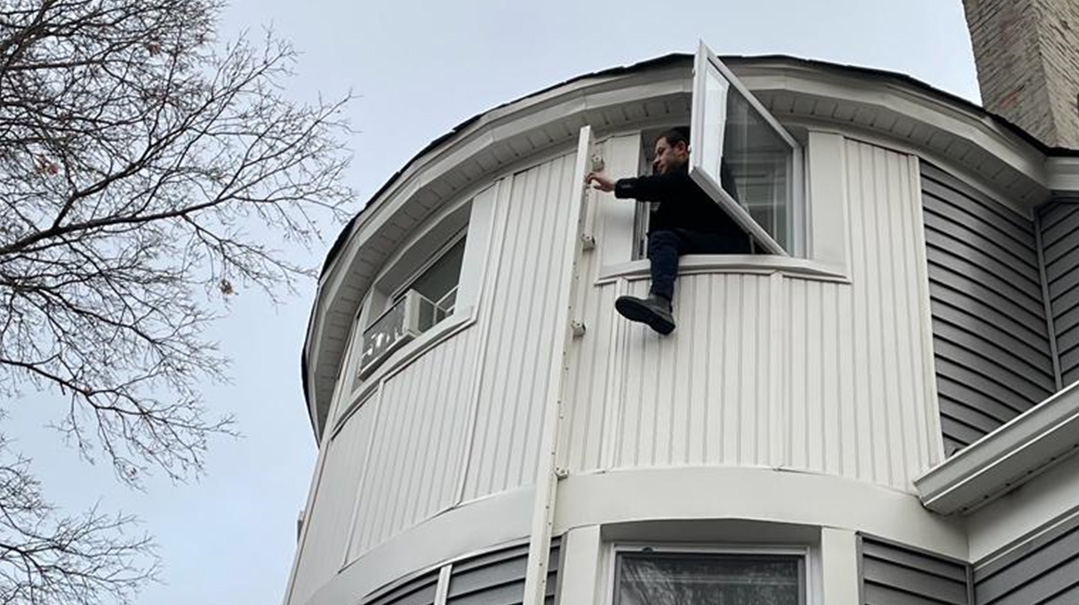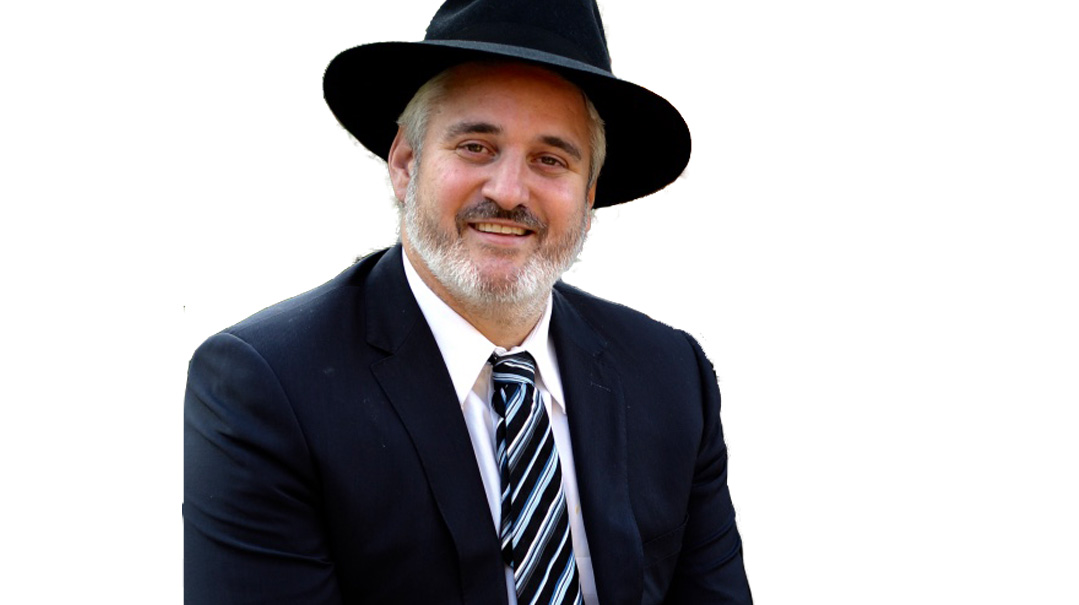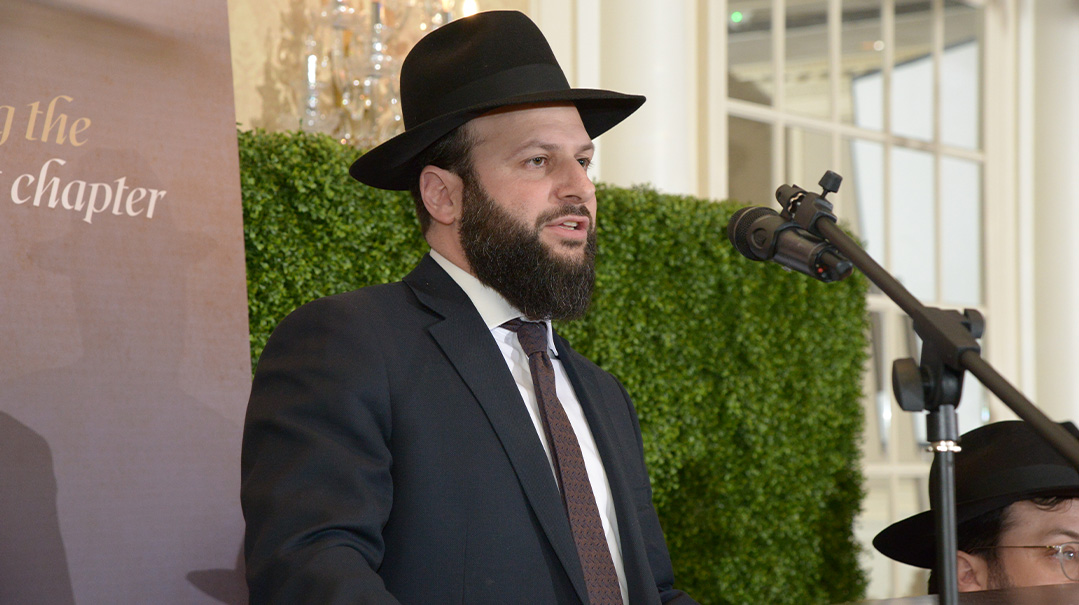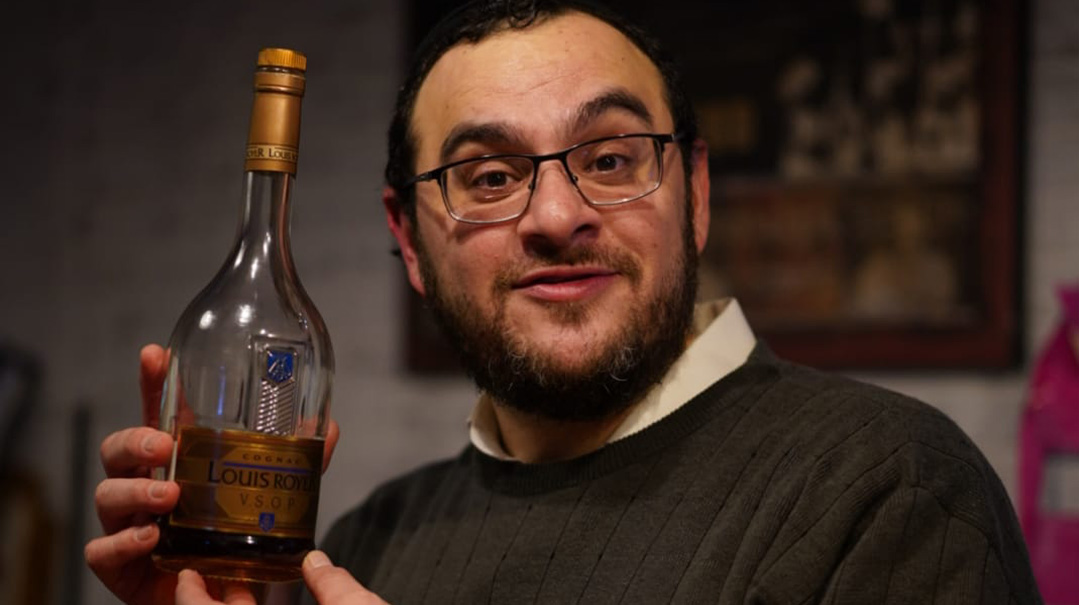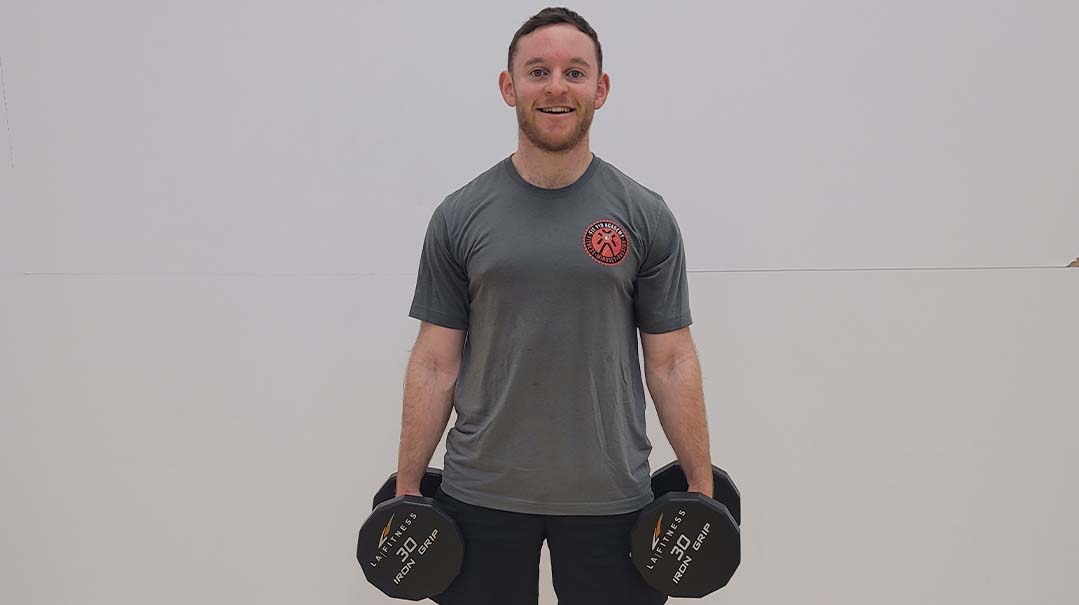10 Questions for Mendel Segal

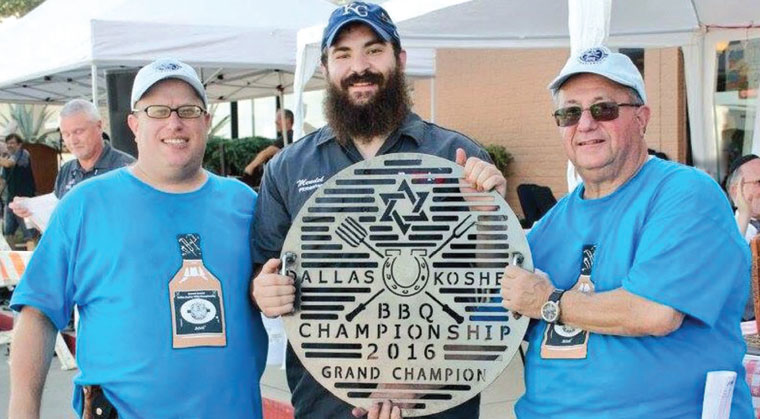
INSPIRED COOKING The best is hearing that our contests have inspired people to do a better job keeping kosher because they see that such a fun and food-centric thing can be 100 percent kosher
After a slow burn pitmaster Mendel Segal puts the fire under kosher barbecue. The founder of the Kansas City Kosher BBQ Festival he is based in Kansas City Kansas.
How did you get started with the festival?
I started running the local vaad hakashrus in the summer of 2011 and we were trying to come up with a fun food-related fundraiser. A board member said he’d heard a shul in Memphis has a kosher barbecue contest and since Kansas City is known for barbecue we should do it too. The first one we ran was in August 2012 and that really got me into the whole thing! I started smoking meat — I was learning a lot from the competing teams. Of course I couldn’t compete in my own contest but I started attending other competitions kosher and nonkosher. I’ve competed all over Missouri — Kansas City Mound City Liberty — and around the US — Long Island Chicago New England Dallas Connecticut. I’ve also cooked for events in California Chicago and New York. In 2013 we got official — our competitive event in Kansas City was the first kosher barbecue contest sanctioned by the Kansas City Barbeque Society the KCBS — and I helped them write the kosher barbecue handbook. Then I started getting calls for advice and to help run kosher competitions nationally. This year I’m going to Philly for the Hava NaGrilla cook-off and to Cincinnati for their first kosher contest.
How many competitions have you competed in? Won? Judged?
About 20 and I was the champion of six meaning I won the overall competition. I’ve also gotten a bunch of calls meaning I won between first and third place in individual categories. I’ve actually never judged even though I’m certified because I’m either competing or overseeing the event.
How does judging work?
It’s done according to the KCBS’s very strict rules. There are about as many judges as there are teams and it works in increments of six so if there are 14 teams we’ll have 18 judges. Each team has to make enough food for six judges to taste. It’s double-blind and every entry is judged on three criteria: taste tenderness and appearance. The scoring is weighted with taste being worth the most and appearance the least but I always tell people that appearance affects taste — if it looks better it’ll taste better that’s the reality. We’ve established kosher contest criteria rules with the KCBS and also the opportunity for people who keep kosher to take their judging class and get certified.
Are kosher competitions different?
Yes the logistics are unique. A typical kosher contest is anywhere from 8 to 24 teams nonkosher contests can be as large as 600. Their four categories are brisket ribs pork and chicken — we do turkey instead of pork. Also there’s a difference in the way the contest runs: In nonkosher contests one team might have a $20 000-smoker and another a $300 one; one team might buy their meat at Costco while another buys imported Japanese Kobe. In a kosher competition it’s a completely even playing field — all the teams have the same equipment and have to use the same meat because you want to keep the kashrus simple. So you have to be creative because all the teams are using the same basic ingredients.
How do you guide community preparation before you come to town?
Every month or so I get a call from a different community about running a kosher competition but most don’t pan out once they realize what it entails. Teams will pay an entrance fee to compete. Kosher competitions are held on Sunday so they’ll meet in a shul kitchen on Thursday night or Friday when they get to start their sauces and marinades. Motzaei Shabbos everyone meets onsite the mashgiach unloads the equipment from the truck — smokers and grills for each team that’s the biggest initial expense to running one of these contests and the part that scares most communities away — and lights the fires. There’s an hour of frenzy and freaking out while everyone sets up — trimming the fat marinating the meat injecting setting up the smoker. Then the fun begins we all hang out and watch our food. On the day of the event we start with one of my favorite parts — Shacharis outside at sunrise. Even the non-Jews love witnessing that sense of community and so do I. I usually take a tallis-tefillin-smoker selfie. And then the event starts and it’s competition time! Turn-ins to the judges are on a rigid schedule: chicken at noon ribs at 12:30 turkey at 1 and brisket at 1:30.
Have the events changed over the years?
Not too much. There’s something to be said for being consistent but there’s a need to keep things interesting so they don’t get stale. A few years ago we added a public celebrity judging panel — national food experts local sports personalities. It’s a fantastic element of entertainment. These judges aren’t official and you don’t have to submit food to them but they discuss what they see and taste they give feedback sometimes there’s a People’s Choice award. It’s been picked up by a few other contests too.
We had Simon Majumdar of the Food Network host our celebrity panel for two years. He was introduced to us in 2013 when he was writing Fed White and Blue a book about his food-related adventures and experiences across the USA. It has a great chapter about our event.
Are you able to predict winners?
Not necessarily the actual winner but seeing how a team handles itself I can pretty much tell who’s serious and will end up on top. I attribute a lot of success to making a timeline and not deviating from it and when it comes to ingredients less is more; anyone who’s using more than two fresh herbs isn’t going to do well. Sorry folks!
Anyone ever use a method or ingredient that surprised you?
At one contest a team didn’t show up to cook until 6 a.m. while everyone else had been slaving over their fires all night but they won. Cooking hotter and faster is gaining traction these days but hanging out all night is my favorite part so even if I did cook that fast I’d still be there schmoozing and chilling.
Have you ever had to improvise?
Oh yes. Coming from Kansas City I wasn’t used to making beans for a contest. The first time I had to I made it up on the spot. At another event I was told the night the contest started that I couldn’t use one of my base ingredients so I improvised and won — go figure! At a few contests the chicken they gave out was a mess the pieces were mangled and oddly sized so I had to be creative to make it work.
Any memorable feedback?
The best is hearing that our contests have inspired people to do a better job keeping kosher because they see that such a fun and food-centric thing can be 100 percent kosher. In general I’ve enjoyed watching and being part of the rising popularity of barbecue in the kosher world. It was almost nonexistent when I started but now it’s on fire! (Originally featured in Mishpacha Issue 663)
Oops! We could not locate your form.







